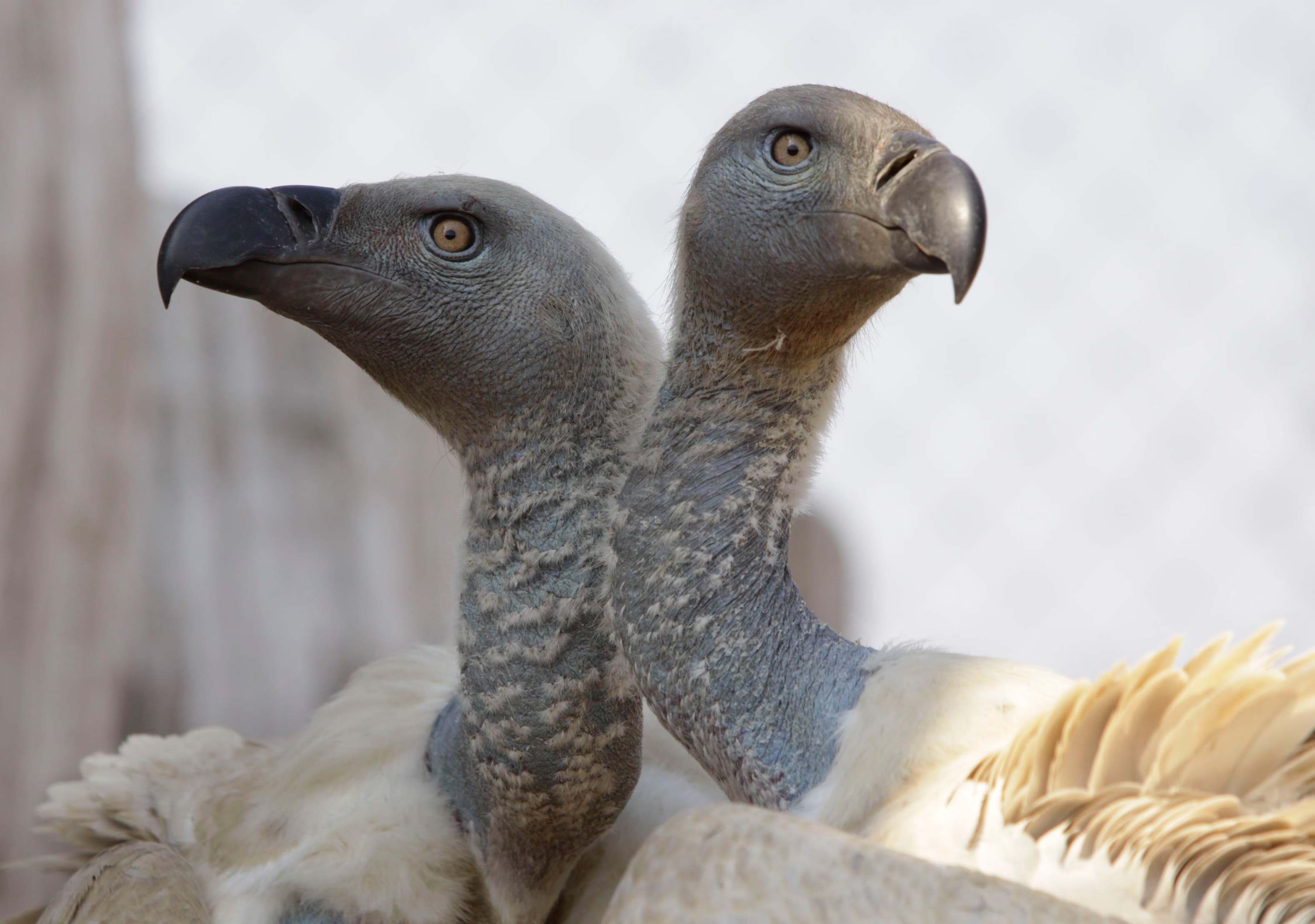More than 120 endangered vultures have died in one of the deadliest poisoning cases in South Africa, after feeding on a poisoned elephant carcass in Kruger National Park.
The poisoning, which happened earlier this week, is suspected to have been carried out by poachers who laced the elephant remains with toxic chemicals.
Authorities confirmed that 123 vultures were found dead at the site.
Wildlife officials from Kruger National Park and the Endangered Wildlife Trust (EWT) described the mass death as a tragedy of an alarming scale.
"The scale of the tragedy is staggering: 123 vultures were found dead at the scene," the statement read.
The birds killed included White-backed vultures, Cape vultures, and a Lappet-faced vulture.
All of them are either endangered or critically endangered, making this incident a major setback for conservation efforts.
An additional 84 vultures were rescued and moved by helicopter and road for urgent medical attention.
These birds are now under monitoring as teams work to ensure their recovery and survival.
The poisoned elephant carcass had been deliberately laced with a highly toxic agricultural pesticide, officials said.
This method is becoming increasingly common among poachers.
Wildlife authorities believe it was aimed at animals whose body parts are used in traditional medicine, such as lions and vultures.
The practice of using poison by poachers is not new.
Gareth Tate, the Endangered Wildlife Trust’s birds of prey programme manager, said the incident was the most severe since 2019, when over 500 vultures died in Botswana under similar circumstances.
"It was the biggest single such poisoning since 2019 when more than 500 endangered vultures died in Botswana after eating elephants whose carcasses were poisoned by poachers," Tate said.
According to Tate, poachers usually use two methods: they either lace an already dead animal with poison or they snare one specifically to serve as poisoned bait.
"We have seen a massive spike in poaching for lion parts, for which sometimes vultures are the unintended victims," he added.
Sometimes, however, the vultures are not just unintended casualties.
Tate noted that some poachers deliberately target them because vultures often circle around dead animals, unintentionally revealing the location of a poaching incident.
"In some cases, birds of prey are ‘maliciously targeted’ by poachers because they are natural sentinels and can give away the location of the poaching of other animals," he explained.
The poisoning has sparked renewed concern over the use of poisons in poaching activities and the wider impact it has on endangered species in protected areas.
Conservationists warn that unless tougher action is taken to stop these practices, the already struggling vulture populations in Southern Africa could face a steep decline.
Efforts are ongoing to treat the surviving birds and to track down those behind the poisoning.
Wildlife authorities and environmental groups continue to work together to prevent similar events in the future.
